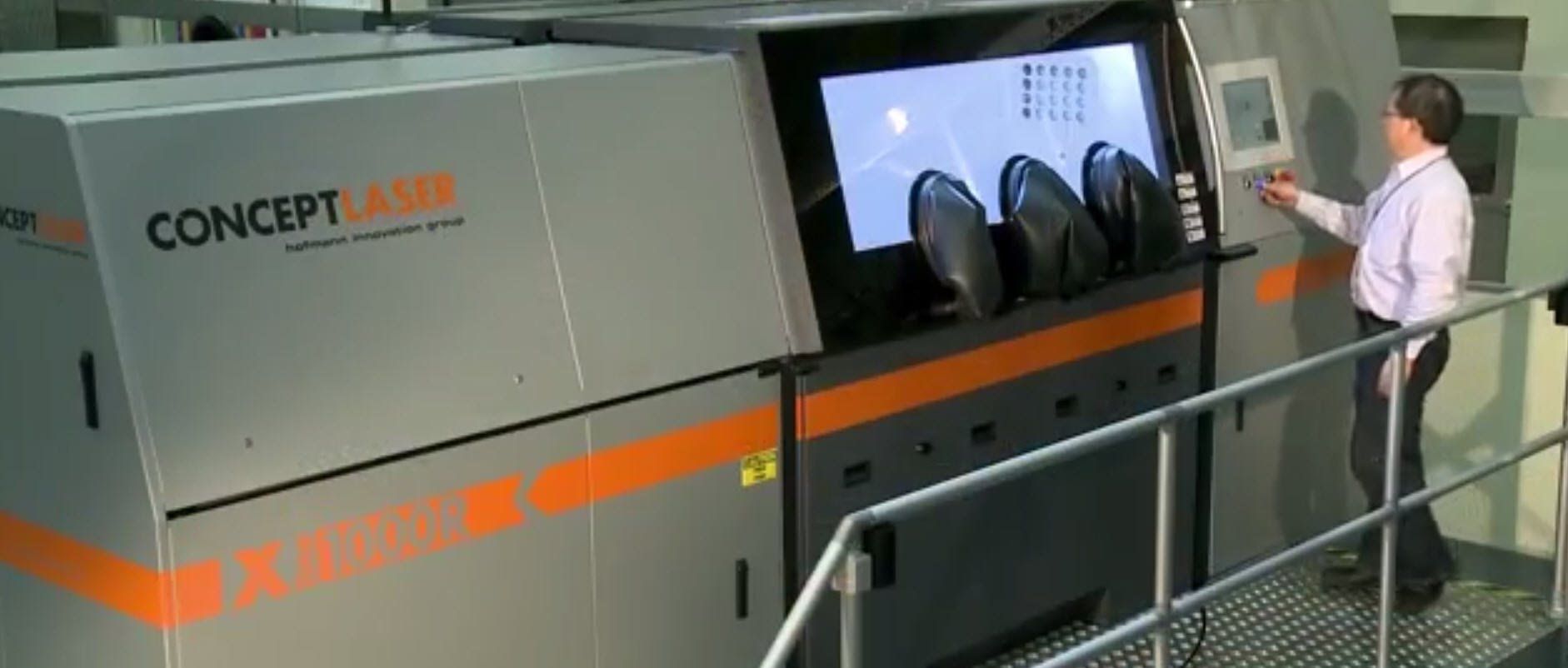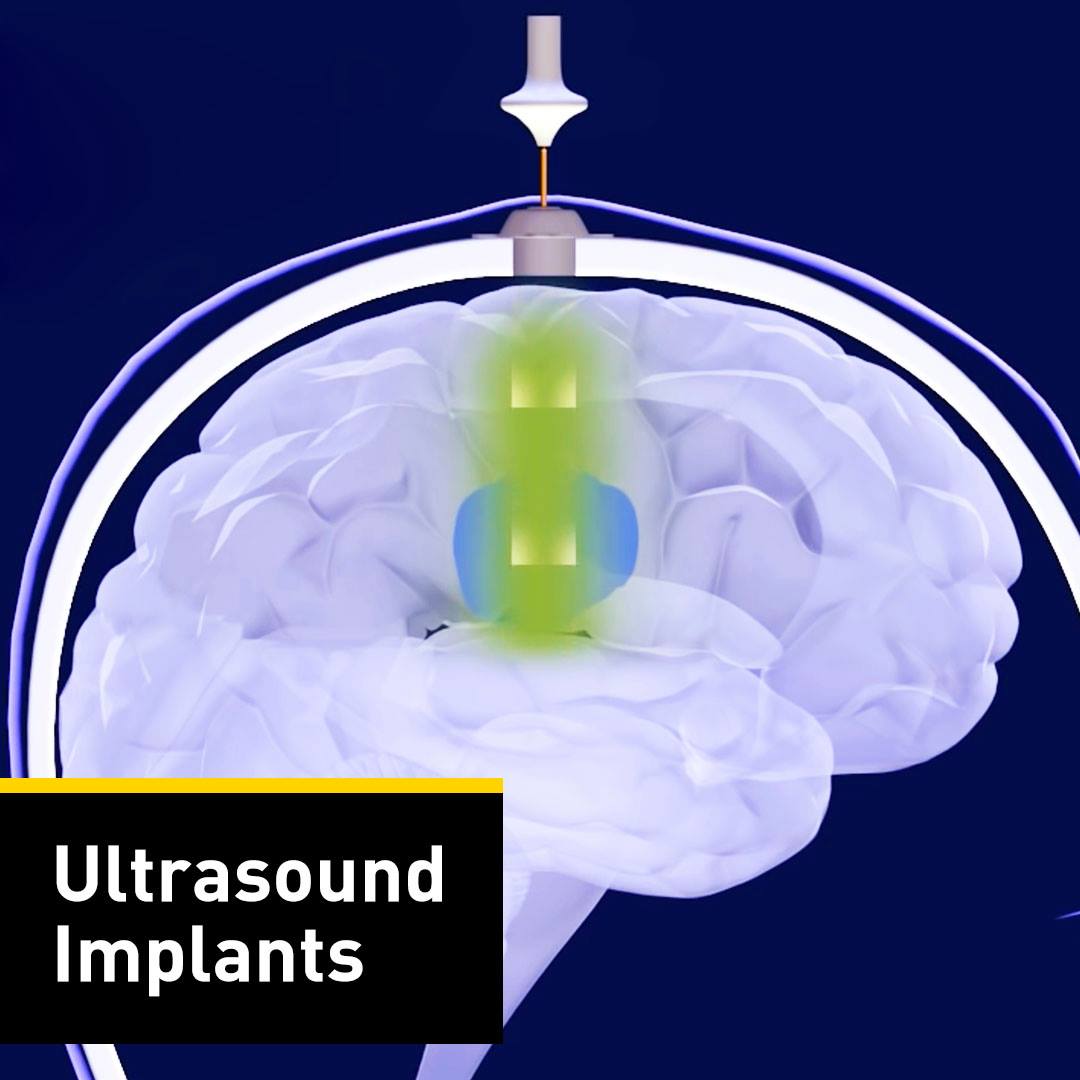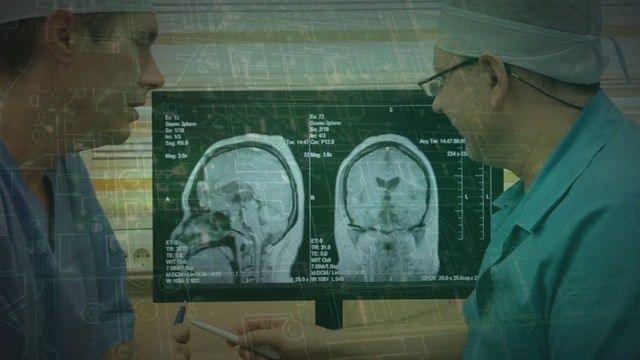Archive for the ‘biotech/medical’ category: Page 2555
Aug 17, 2016
Artificial Intelligence Will Redesign Healthcare
Posted by Elmar Arunov in categories: biotech/medical, robotics/AI
Artificial intelligence has an unimaginable potential. Within the next couple of years, it will revolutionize every area of our life, including medicine. I am fully convinced that it will redesign healthcare completely – and for the better. Let’s take a look at the promising solutions it offers.
Aug 17, 2016
DNA Storage Is Coming, And It’s Going To Revolutionize The Way We Share Data
Posted by Elmar Arunov in categories: biotech/medical, genetics
Aug 16, 2016
IBM’s foray into Chinese healthcare sector
Posted by Karen Hurst in categories: biotech/medical, computing, neuroscience
Watson joins China’s research team.
China’s Hangzhou Cognitive Care has teamed up with IBM to bring Watson super computer to 21 hospitals in the country.
Singapore: In a bid to intensify its fight against cancer, China’s Hangzhou Cognitive Care has teamed up with IBM to bring Watson super computer to 21 hospitals in the country. The super computer is all set to play a crucial role in a new multi-year program being unveiled in China. This is IBM’s first partnership in China’s healthcare sector.
Continue reading “IBM’s foray into Chinese healthcare sector” »
Aug 16, 2016
Regenerative Medicine: Plasma Being Used To Improve Bone Healing
Posted by Shailesh Prasad in categories: biotech/medical, food, nuclear energy, space travel, weapons
Scientists have just found a way to make use of plasma, the fourth state of matter, to improve bone development. Using cold fusion, researchers were able to initiate increased bone growth.
It is a bit ironic that plasma is the least known state of matter, when in fact it is the most abundant in the universe. It is found in our Sun and all other stars, lightning, in our TVs, fluorescent light, and neon signs, and (purportedly) even in our favorite fictional weapon in the Star Wars universe, the lightsaber.
Plasma can be classified according to the degree of ionization, temperature, etc, but whatever form it may take, plasma has been used in various fields, such as in spacecraft propulsion, agriculture, and quite recently, in medicine.
Continue reading “Regenerative Medicine: Plasma Being Used To Improve Bone Healing” »
Aug 16, 2016
Gary Johnson Wants Driverless Secret Service Cars and a US-Led Gene Editing Revolution
Posted by Zoltan Istvan in categories: bioengineering, biotech/medical, geopolitics, life extension, robotics/AI, transhumanism
My exclusive interview with Libertarian presidential candidate Gary Johnson on some hard science & tech issues, including transhumanism, longevity, AI, and gene editing. This is also my first story for Futurism. For the record, I am trying, along with millions of others, to get Gary Johnson into the Presidentia l debates! No matter who you plan to vote for, it would be good for America to have him in the debates so a third voice is heard:
Libertarian Presidentia l candidate Gary Johnson wants humans to live a lot longer and isn’t worried about AI becoming the Terminator. Here, Futurist Zoltan Istvan gains an exclusive interview with Johnson, who is polling double digits nationally and hopes to be in the Presidentia l debates with Trump and Clinton in October.
Disclaimer: The views and opinions expressed are solely those of the author. They do not necessarily represent the views of Futurism or its affiliates.
Aug 16, 2016
Aerojet Rocketdyne to Mature 3D Printed MPS-130 CubeSat Propulsion System for NASA
Posted by Klaus Baldauf in categories: 3D printing, biotech/medical, education, space travel

Next to the medical field, as we follow the significant impacts 3D printing is making on the world, that of aerospace is right at the top of the list. While some are still confused about the actual importance of 3D printing as it hasn’t really affected them personally yet, it’s important to think on a much bigger scale. And there’s not much of a bigger scale than space.
For those who are cynical about the technology, pointing back to the continual supply of keychains and figurines (we all have to start somewhere, thank you!) being pumped out in plastic at the desktop, when you take a look at how long NASA has been involved with additive manufacturing—and how many parts they are using now—well, that’s impressive. Not only that, because of numerous 3D printed parts, larger components are being made that would not have been possible previously, and certainly not with such a level of customization, speed, and affordability.
Aug 15, 2016
Electro convulsive therapy aims to help those suffering with mental illness
Posted by Karen Hurst in categories: biotech/medical, neuroscience
Doctors have come a long way from the old-fashioned electric shock therapy. Today’s electro-neural reset devices can help with PTSD, depression, and multiple movement disorders.
Aug 15, 2016
Tempol: 8 Science-Proven Health Benefits
Posted by Karen Hurst in categories: biotech/medical, health, science
Tempol is a synthetic compound that can be used to lower stress, prevent oxidative damage, and improve heart disease and diabetes. Read more to find about this chemical antioxidant.
Contents.
Aug 15, 2016
Normal radial migration and lamination are maintained in dyslexia-susceptibility candidate gene homolog Kiaa0319 knockout mice
Posted by Karen Hurst in categories: biotech/medical, genetics, neuroscience
Abstract.
Developmental dyslexia is a common disorder with a strong genetic component, but the underlying molecular mechanisms are still unknown. Several candidate dyslexia-susceptibility genes, including KIAA0319, DYX1C1, and DCDC2, have been identified in humans. RNA interference experiments targeting these genes in rat embryos have shown impairments in neuronal migration, suggesting that defects in radial cortical migration could be involved in the disease mechanism of dyslexia. Here we present the first characterisation of a Kiaa0319 knockout mouse line. Animals lacking KIAA0319 protein do not show anatomical abnormalities in any of the layered structures of the brain. Neurogenesis and radial migration of cortical projection neurons are not altered, and the intrinsic electrophysiological properties of Kiaa0319 -deficient neurons do not differ from those of wild-type neurons. Kiaa0319 overexpression in cortex delays radial migration, but does not affect final neuronal position. However, knockout animals show subtle differences suggesting possible alterations in anxiety-related behaviour and in sensorimotor gating. Our results do not reveal a migration disorder in the mouse model, adding to the body of evidence available for Dcdc2 and Dyx1c1 that, unlike in the rat in utero knockdown models, the dyslexia-susceptibility candidate mouse homolog genes do not play an evident role in neuronal migration. However, KIAA0319 protein expression seems to be restricted to the brain, not only in early developmental stages but also in adult mice, indicative of a role of this protein in brain function. The constitutive and conditional knockout lines reported here will be useful tools for further functional analyses of Kiaa0319.

















